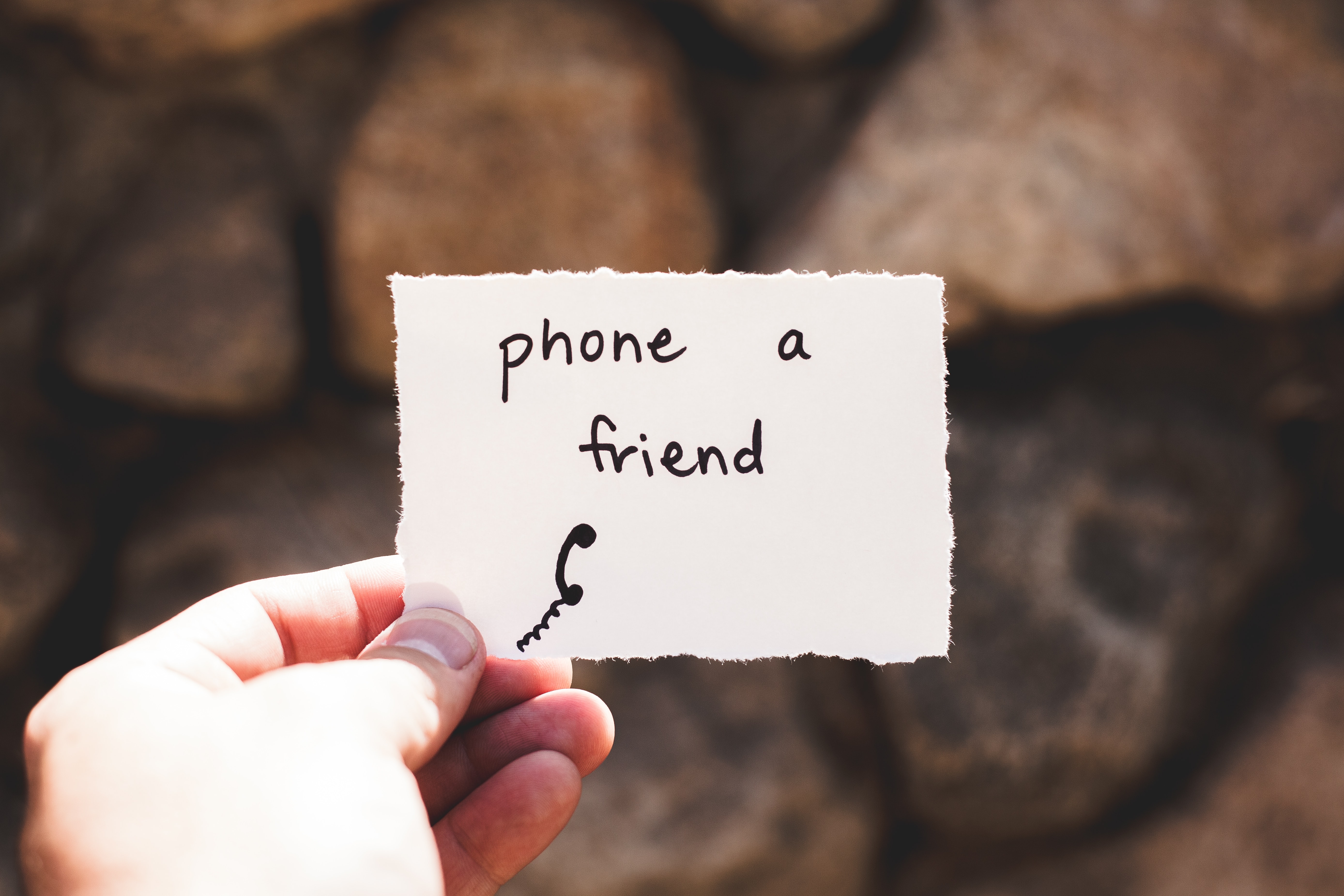Social distancing could significantly impact the mental health crisis.
Mental health experts contend COVID-19 may lead to significant mental health ailments, including pronounced anxiety, depression and even post-traumatic stress disorder (PTSD), especially for those directly affected by the virus who need to be quarantined or those who have lost jobs or loved ones.
“Quarantine is often an unpleasant experience for those who undergo it,” the researchers said in their paper which published in The Lancet. “Life in quarantine can negatively affect your mental health, “causing post-traumatic stress, confusion and even anger. Separation from loved ones, the loss of freedom, uncertainty over disease status and boredom can, on occasion, create dramatic effects.”
SARS studies were examined in the new paper, and indicated “more than 20 percent of the people quarantined after having been in close contact with suspected SARS cases reported having feelings of fear, while 18 percent said they felt nervous, 18 percent sad and 10 percent guilty.” Other participants reported having “symptoms of post-traumatic stress disorder (PTSD).” One of the papers analyzed found “people quarantined for longer than ten days showed significantly higher post-traumatic stress symptoms” than those who had endured a lesser period of isolation.

PTSD can include debilitating symptoms of paranoia, hypervigilance, insomnia, avoidance and isolation. It can also lead to substance misuse. Researchers say, “living in quarantine can also have long-term negative effects, including the development of alcohol abuse and other dependency symptoms.” Two of the studies linked the SARS virus to healthcare worker dependency issues “which persisted as long as three years after the SARS outbreak.”
“Fake news and media can fuel anxiety by citing contradictory expert opinion,” explained Professor Neil Greenberg, one of the authors of the study. “They not only make it more difficult for people to cope with their isolation, but to cope with the pandemic itself.” He added, “The socio-economic effects of a pandemic also heavily weigh on people’s minds. Serious financial difficulties can lead to mental health problems.”
His team described important solutions for managing mental health during the pandemic. “Provide those who are quarantined with “as much information as possible,” the researchers noted, “so they clearly understand the risks they would face if they were not isolated, as well as the reasons why they have been quarantined.” Further, “Reinforcing that quarantine is helping to keep others safe, including those particularly vulnerable.”
Remote connection via online services is also important. “You have to let people stay in touch with their friends and family, as well as with their colleagues, via email, social media and video conferences and so on,” Greenberg said. This could also mean relaxing certain healthcare standards so individuals can receive telehealth services they normally would seek in person.
Greenberg encouraged those being quarantined to practice self-care and healthy living. “This is a time to try to sleep well, eat healthy, exercise as much as possible and avoid unhealthy habits like drinking or smoking too much, or gambling.” He also added that limiting the timeframe in which individuals have to be separated from each other is best. “The authorities need to respect the duration of a quarantine and not extend it. Doing the opposite would be particularly harmful to mental health.”
Sources:
Post-traumatic stress, confusion and anger: How quarantine affects your mental health


Join the conversation!